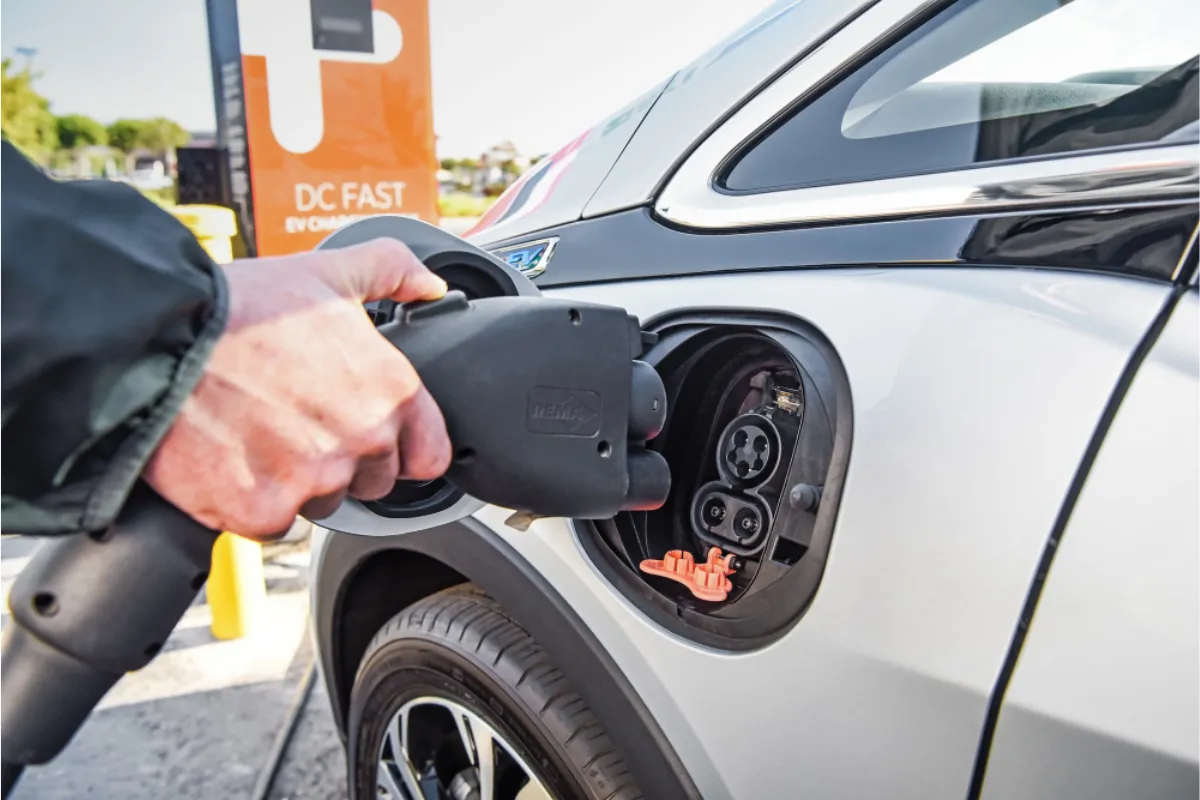In Washington, it’s not unusual for promises to get lost in the shuffle of politics. But this time, we kept our word. On May 22, Congress took a firm stand by striking down a key part of the Biden Administration’s electric vehicle (EV) mandate. This move not only supports American consumers—it also reasserts Congress’s rightful oversight over unelected federal agencies.
How did we get here?
Decades ago, Congress gave California special permission to request exemptions—or “waivers”—from federal air quality laws. This was because California had severe air pollution and needed tools to fight it. But what started as a local solution has been stretched far beyond its original purpose.
In December 2024, as the Biden administration neared the end of its term, the Environmental Protection Agency (EPA) quietly approved California’s request to implement its “Advanced Clean Cars II” rule. This policy mandates that all vehicles sold in California—and 11 other states that follow its standards—must be zero-emission by 2035.
That’s nearly one-third of the U.S. auto market. And under this rule, traditional gas-powered vehicles and even hybrids would be banned. Automakers not in compliance could be fined over $26,000 per vehicle.
The problem with one-size-fits-all mandates
West Virginia isn’t California. Only 2.3% of new vehicles registered in our state last year were electric. Nationally, EVs made up just 10.2% of new car sales. West Virginians don’t want California’s climate policies forced onto them, and I believe most Americans feel the same way.
Protecting the people’s voice
The EPA originally tried to keep this decision out of Congress’s hands by claiming it wasn’t a formal rule—so they didn’t submit it to Congress under the Congressional Review Act (CRA). But President Trump saw it differently. His administration correctly treated the waiver as a rule and submitted it to Congress, giving us the power to act.
I then introduced a resolution under the CRA to reverse the EPA’s decision. This process allows elected representatives—not bureaucrats—to decide whether major agency rules should move forward.
A political twist
To block our resolution, some Senate Democrats turned to the Government Accountability Office (GAO). They asked GAO to say the EPA’s action wasn’t a rule, even though it had already been submitted to Congress as one. GAO went against its own longstanding precedent and issued a letter “observing” that the action wasn’t a rule—something it usually doesn’t do once a rule is submitted.
This was a political maneuver to prevent a vote in the Senate. But nowhere in the law does it say GAO can override Congress’s authority under the CRA. Once a rule is submitted, it’s Congress—not GAO—who gets to decide what happens next. That’s how the CRA was written, and that’s how it’s worked since 1996.
It’s not about the filibuster—it’s about oversight
Some critics claim this move undermines the Senate filibuster. That’s not true. This isn’t about changing the rules of debate. It’s about protecting the rights of elected lawmakers to challenge regulations that affect millions of Americans.
For too long, unelected officials in California and Washington have tried to force sweeping changes without voter input. But Congress just reminded them who’s really in charge.
By rejecting this EV mandate, we’ve defended consumer choice, protected jobs, and restored accountability in government.
















